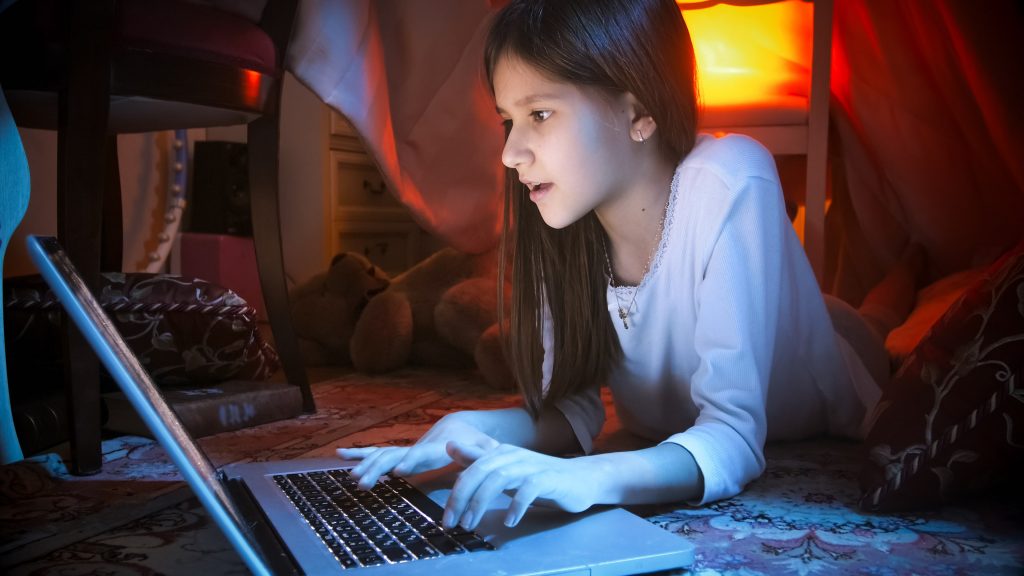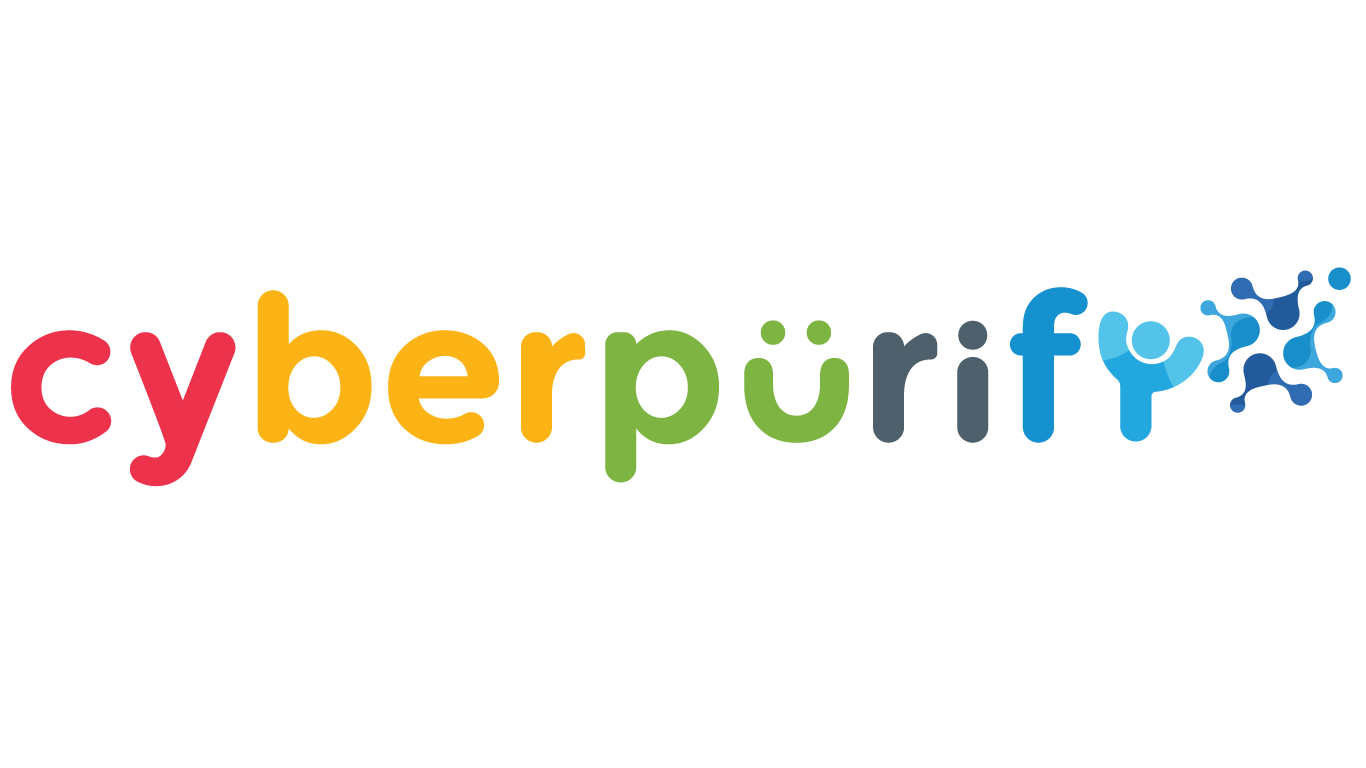Online pornography is increasingly identified as having an effect on the sex lives of children and young adults. Whether we like it or not, pornography is recognized as an important part of young people’s sexual relationships and it is important to have open discussions with them about this. The existence of sites like OnlyFans should be included in the discussion.
This article will help parents better understand the relationship between Covid and teen risky online sexual trade.
OnlyFans and the trend of online sexual trade
What is OnlyFans?
The existence of OnlyFans – a social media platform where users can sell and/or buy X-rated content existed prior to the COVID-19 pandemic social distancing in 2020. OnlyFans’ popularity and notoriety have increased dramatically in the last year.
Thousands of people around the world – including celebrities, ordinary people, especially teenagers, are making money from creating their own pornography and selling it for money through OnlyFans. On OnlyFans, you make money by signing up for members and creating content that people want to pay for.
According to The Times, Lauren, one of the girls, said in a recent interview that she earned £15,000 in her first month of joining OnlyFans.
 However, success stories of this kind are rare and only a few succeed, leaving a huge dark side of OnlyFans on a significant number of users. Along with that is the manipulative and sexually assaulting behavior of individuals operating on OnlyFans.
However, success stories of this kind are rare and only a few succeed, leaving a huge dark side of OnlyFans on a significant number of users. Along with that is the manipulative and sexually assaulting behavior of individuals operating on OnlyFans.
With subscribers growing rapidly with more than 200,000 new members every 24 hours, and it’s easy for celebrities like Beyoncé and Cardi B to endorse OnlyFans, OnlyFans has become an attractive site for young people.
Minors, especially girls, are most at risk of participating
A 2020 report released by the Internet Watch Foundation says it has identified a 44% increase in the number of nude/semi-nude images created by children with the age group which generates this content the most are girls between 11 and 13.
 What the OnlyFans ads don’t show, however, is that this is a fiercely competitive market where minors, often girls, can fall into a vicious circle.
What the OnlyFans ads don’t show, however, is that this is a fiercely competitive market where minors, often girls, can fall into a vicious circle.
In order to compete, your child will most likely have to up the game by sharing more and more pictures of their body and performing the sexual acts requested by the registrant to maintain interest, increase your popularity, and earn more money.
Next to that was receiving a text message offering sex worth £5,000. If not discerning, especially teenage girls, it will be difficult to resist this money and risk being lured into danger with promises of money.
Find this helpful? You also love these:
And in times of pandemic, having an income is more important than ever. While this site may have changed prostitution by creating a safe environment for sex workers to engage with their clients, it has opened up a new arena for those inexperienced young people who are attracted to make quick money.
OnlyFans has sparked a global media response to growing concerns about minors taking online risks and the legal consequences of creating, distributing, and owning sexual images – laws that children themselves do not follow.
 Covid and teen risky online sexual trade
Covid and teen risky online sexual trade
Anne Marie Tomchak wrote in a recent piece in Glamor magazine: “It’s impossible to say exactly how staying at home due to the pandemic affects our behavior and what the side effects are, but there are many signs already. There are signs that more nudity is being requested and sent out at a time when people are spending more time at home and online.”
In short, the global COVID-19 pandemic has not only exposed our vulnerabilities to biological virus threats but also parents’ inability to protect our children online.
In the midst of social distancing at home, COVID-19 has created conditions for people to immerse themselves in the digital world. While the Internet opens up so many positive opportunities for individual growth and self-acceptance, it also has the potential to cause great harm to vulnerable people, such as children and young adults.

Cognitive development and immature self-regulation put children at risk of exposure to sexual predators, engaging in risky behaviors, and participating in the online sex industry.
What can parents do to better protect their children?
- Continue to have positive conversations about online safety:
You should have an open dialogue with children about how and to whom sexual harassers reach and communicate online, about why they are targeting your child, why can’t you trust them, and explain clearly that what you send them will stay forever on the Internet even if you delete it.
- Familiarize yourself and experience with social media: Especially platforms that are popular with young people. Don’t assume your kids won’t visit sites like OnlyFans. Risks lure children everywhere.
- Talk to your children about the harmful effects of pornography: For example, it distorts their views on sex, women, and relationships, and has the potential to have a thinspiration effect for some children.

- Teach your child to be wary of signs of inappropriate exposure: Some signs to help your child realize that a stranger is trying to develop a relationship with your child:
-
- Asking a lot of questions about personal information when just getting acquainted
- Use many promises and gifts to gain trust
- Wanting to keep a relationship secret – online predators often try to keep a relationship secret, demanding it’s something ‘special’ just between the two
- Contact your child often and in a variety of ways, such as texting, through Instagram or online chat platforms
- Often compliments your child on his/her body or appearance
- Insist on seeing your child – try to make your child feel guilty or even threaten your child if he/she doesn’t want to
- Many of these warning signs don’t just apply to strangers but can apply to people your child knows in person.

- Install a content filtering tool on their computer:
To ensure your child’s online environment is safe and healthier, you should consider using an additional online content filtering tool – considered by many parents as one of the best free parental control software to hide 15 types of harmful content on the Internet, including:
- Pornography
- Horrifying content like gore, accidents, ghosts, violence, murder, terrorism, etc
- Content about stimulants, addictive substances such as alcohol, beer, marijuana, drugs, etc
- Content with aggressive elements, hurting others like Hate speech
This free porn blocker extension can help to minimize your child’s access to harmful content, ensuring a healthy online environment for your child but at the same time, not invading their privacy rights.
Find this helpful? You also love these:





